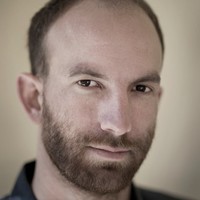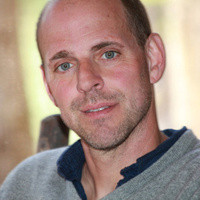The Writearound: Louis C.K.
A conversation with the comedian.
JW: You’ve talked about how you’ve had to explain moral lessons to your daughters, but do it in an inarticulate, catchy way. It’s almost as though you’re writing material for them. What’s the place of morality and ethics in your comedy? I think those are questions people live with all the time, and I think there’s a lazy not answering of them now, everyone sheepishly goes, “Oh, I’m just not doing it, I’m not doing the right thing.” There are people that really live by doing the right thing, but I don’t know what that is, I’m really curious about that. I’m really curious about what people think they’re doing when they’re doing something evil, casually.












